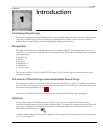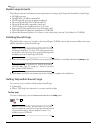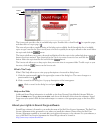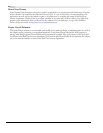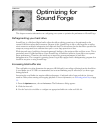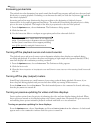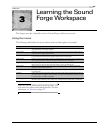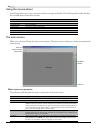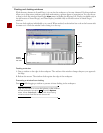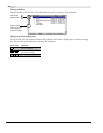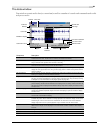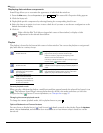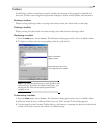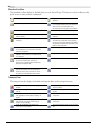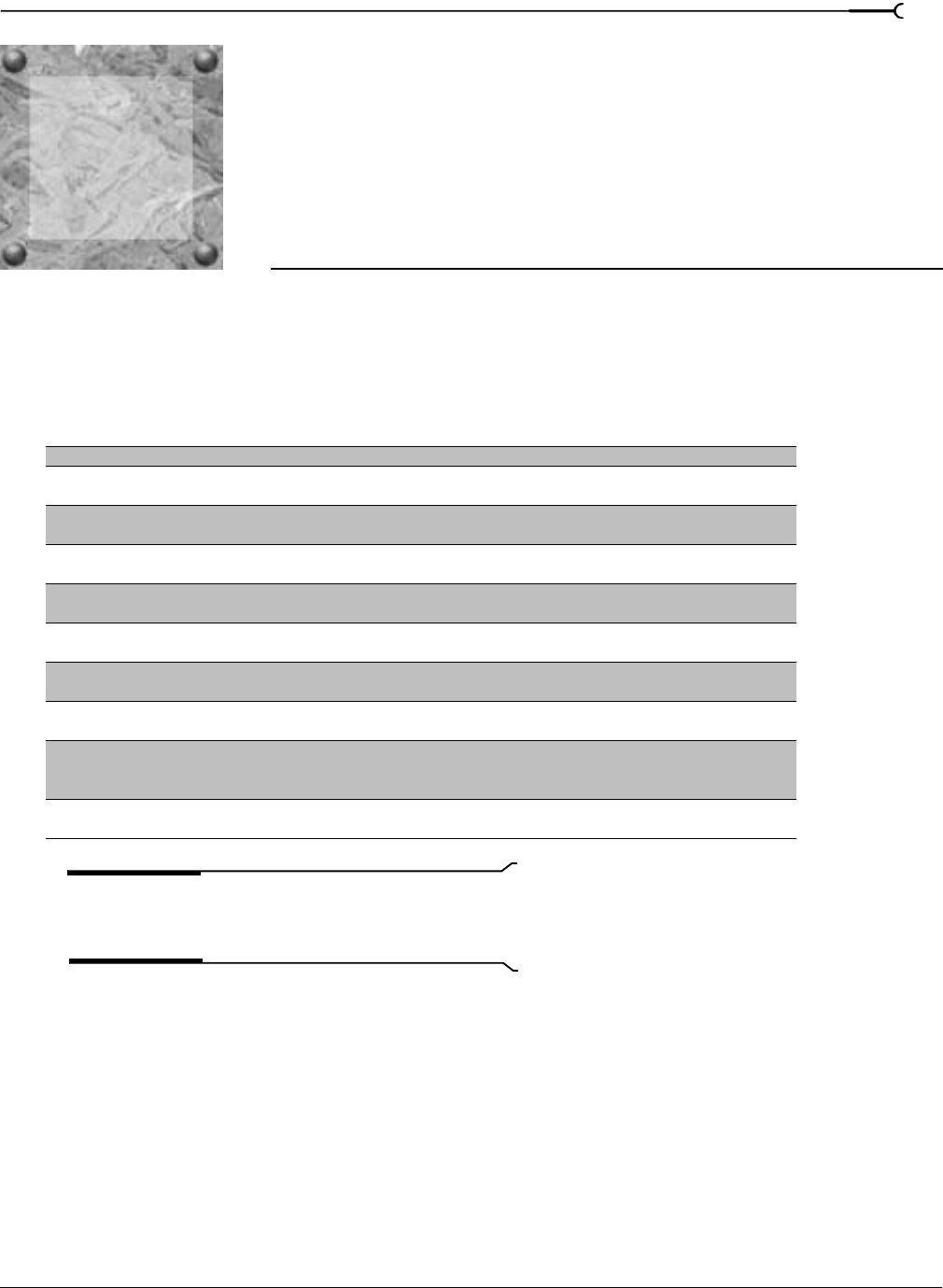
3
CHP. 3 LEARNING THE SOUND FORGE WORKSPACE
CHAPTER
23
Learning the Sound
Forge Workspace
This chapter provides a detailed overview of Sound Forge toolbars and controls.
Using the mouse
The following table defines the mouse-related terms used throughout this manual.
Tip:
Once you are familiar with Sound Forge basics, you
may want to use mouse and keyboard shortcuts. For more
information, see Shortcuts on page 257.
Pointing Moving the mouse pointer over an item.
Clicking Pointing to an item and quickly pressing and releasing the left mouse button. If there is no left or
right specification, left-clicking is implied.
Right-clicking Pointing to an item and quickly pressing and releasing the right mouse button. Right-clicking is
frequently used to display shortcut menus.
Double-clicking Identical to clicking, but instead of pressing and releasing the mouse button once, it is done twice
in quick succession. Double-clicking always indicates the left mouse button.
Triple-clicking Identical to clicking, but instead of pressing and releasing the mouse button once, it is done three
times in quick succession. Triple-clicking always indicates the left mouse button.
Toggle-clicking Clicking the right mouse button while holding down the left mouse button. This is used to toggle
options and is a shortcut for drag-and-drop editing and using the Magnify tool.
Shift-clicking Holding down the Shift key while clicking the mouse. Shift-clicking is typically used to skip
dialogs and quickly repeat operations.
Ctrl-clicking Holding down the Ctrl key while clicking the mouse. Ctrl-clicking is used to modify the operation
of a normal click.
Dragging Holding down the left mouse button while moving the mouse pointer and releasing the mouse at
the desired location. Dragging is used to quickly move sections of data between windows, as well
as to adjust sliders, scrollbars, and faders.
Slow-dragging Holding down the right and left mouse buttons while adjusting sliders and faders increases the
resolution of the movement. This is useful when making fractional adjustments to parameters.
3



